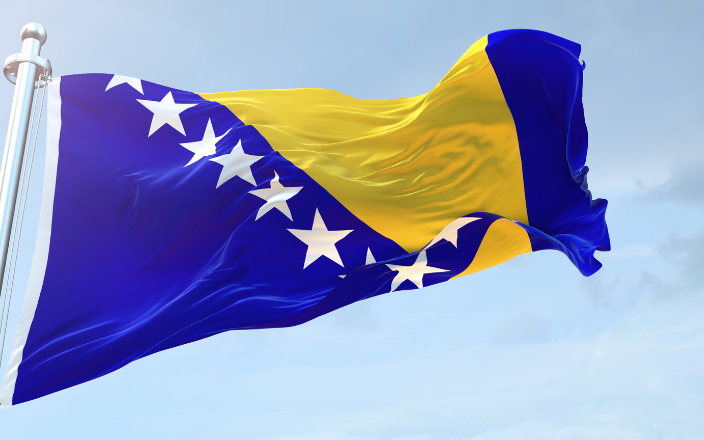Bosnia and Herzegovina has recently authorized the import of Brazilian poultry meat, marking a significant milestone in the trade relations between the two countries. This decision was announced by the Brazilian Animal Protein Association (ABPA) and confirmed by Brazil’s Ministry of Agriculture and Livestock (MAPA). In the following, we will go into more detail.
Market overview
Bosnia and Herzegovina, a Balkan nation with a population of approximately 3.2 million, has one of the highest per capita consumptions of chicken meat in the region, averaging 19.7 kilograms annually. The country’s total annual consumption of chicken meat is around 72,000 metric tons, with about 13,300 metric tons being imported, primarily from European countries.
Opportunities for Brazilian exporters
The entry of Brazilian chicken meat into the Bosnian market is seen as a significant opportunity for Brazilian exporters. Ricardo Santin, the president of ABPA, emphasized the potential of this new market, noting the high demand for quality poultry products and the need to supplement local production. He credited the Brazilian government’s agricultural representatives, including Agriculture Minister Carlos Fávaro and secretaries Luís Rua and Carlos Goulart, for their efforts in securing this market.
Brazilian poultry industry
Brazil is a major player in the global poultry industry. In 2023, the country produced 14.9 billion kilograms of poultry meat, up from 14.5 billion kilograms in 2022. Projections indicate that production will reach 15 million metric tons in 2024 and increase further to 15.1 million metric tons in 2025. Brazil remains the largest global exporter of chicken meat, exporting 5.14 million metric tons in 2023, valued at US$8.97 billion. Domestic consumption for the same year was estimated at 10.06 million metric tons, with a slight decrease projected for 2024.
Economic impact
The opening of the Bosnian market is expected to have positive impacts on Brazilian producers and exporters. The demand for high-quality poultry products in Bosnia and Herzegovina, combined with the country’s reliance on imports to meet its consumption needs, presents a lucrative opportunity for Brazilian exporters. This development is also a testament to the effective work of Brazil’s agricultural representatives in expanding the country’s export markets.
Conclusion
In conclusion, the authorization of Brazilian poultry meat imports by Bosnia and Herzegovina is a significant milestone in the trade relations between the two countries. It not only opens up a new market for Brazilian exporters but also helps meet the high demand for poultry products in Bosnia and Herzegovina. This development is expected to benefit both countries economically and strengthen their trade ties.
Sources: Available upon request.

